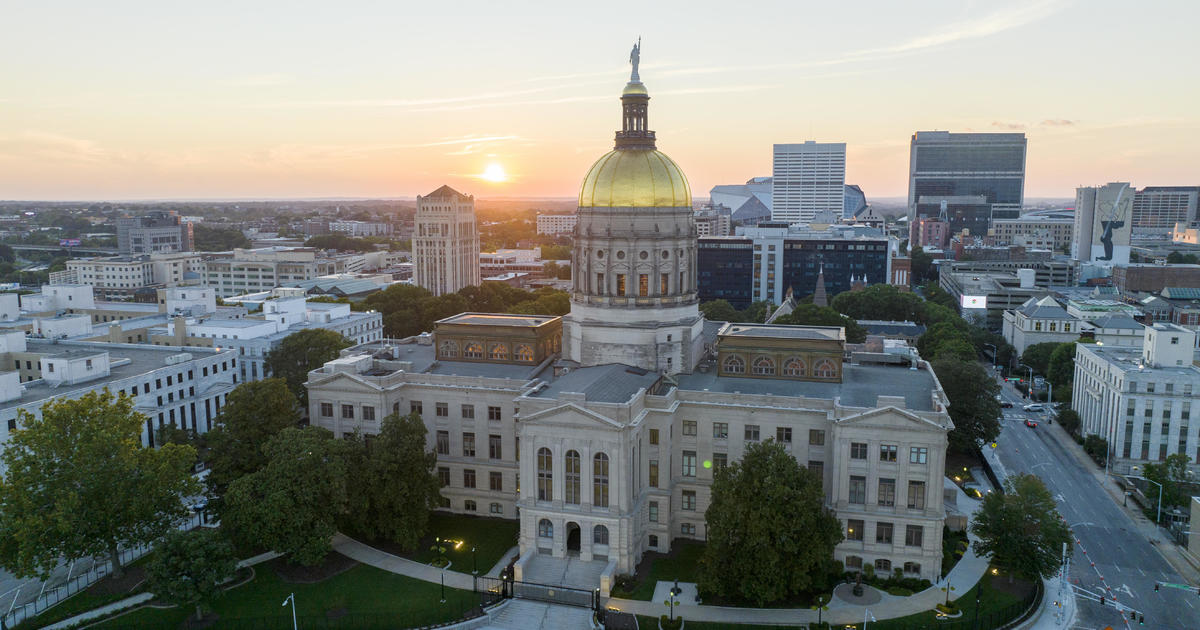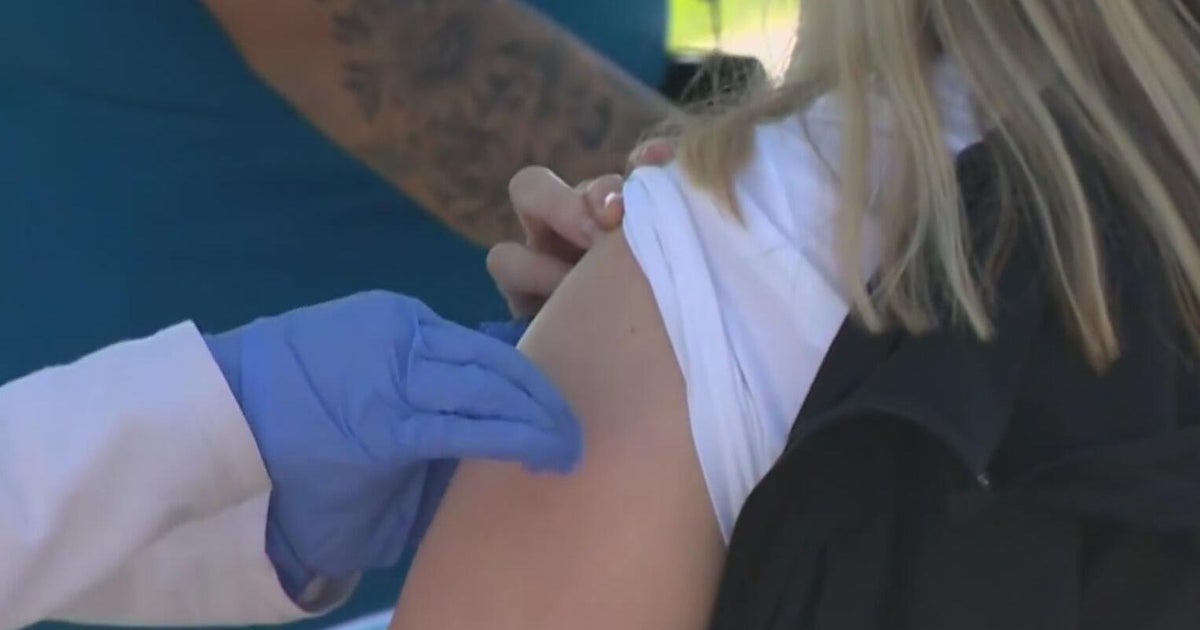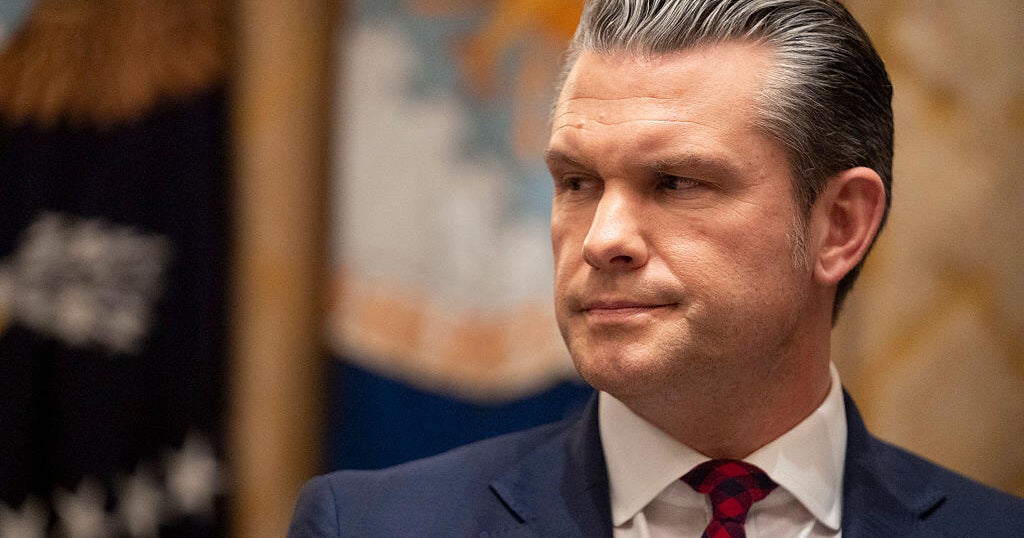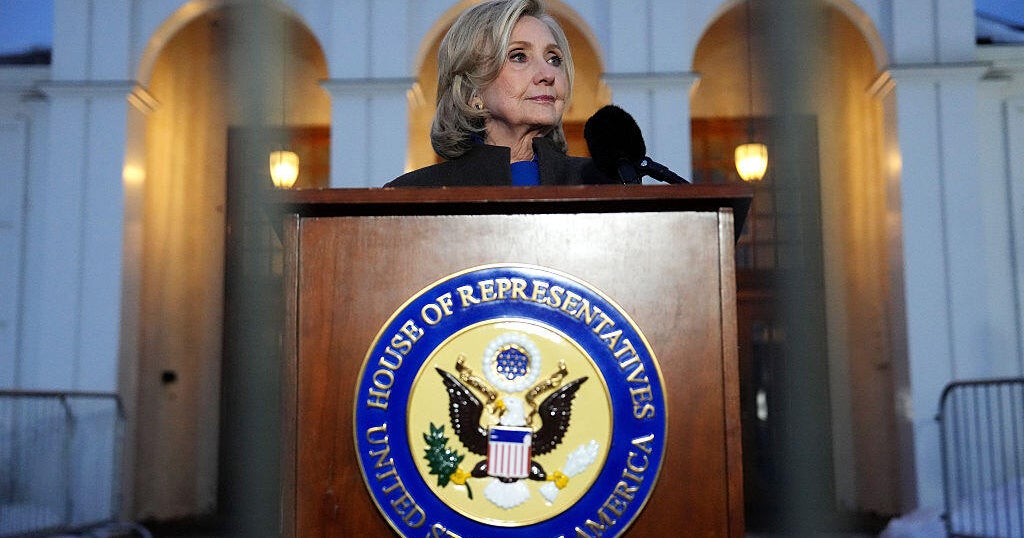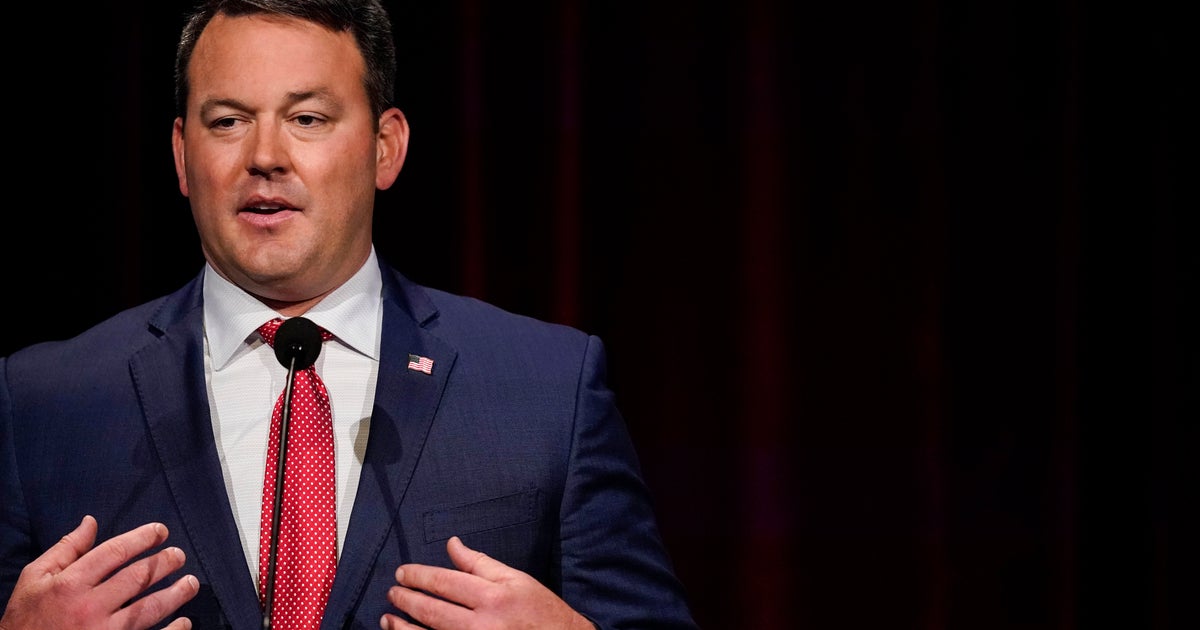Senate passes bill to make daylight saving time permanent in 2023
Washington — The Senate on Tuesday unanimously approved a bill that would make daylight saving time permanent beginning in November 2023, a significant leap forward in the push to ensure an extra hour of sunlight at the end of the day all year round.
The bill, known as the Sunshine Protection Act, earned 17 cosponsors from both parties in the upper chamber and was passed by unanimous consent. Senator Marco Rubio, a Republican from Florida, has long been a proponent of making the clock change permanent and led the push to pass the bill.
"The good news is if we can get this passed, we don't have to keep doing this stupidity anymore," Rubio said on the Senate floor. "Hopefully this is the year that this gets done and, pardon the pun, but this is an idea whose time has come."
Rubio pointed to research showing that an extra hour of sunlight later in the day leads to reduced crime levels, a decrease in seasonal depression and more time for children to play outside.
"What ends up happening is, especially for these 16 weeks of the year, if you don't have a park or an outdoor facility with lights, you're basically shut down around 5 p.m., in some cases 4 or 4:30 p.m.," he said. "These lights in parks and things like that are expensive, and a lot of communities are resistant to them."
Daylight Saving Time currently begins the second weekend of March and ends the first weekend of November. The federal government last extended that period by four weeks in 2007. Rubio said his bill delays the change until 2023 to accommodate airlines and other industries who set their schedules far in advance.
The bill passed by the Senate must still be approved by the House and signed by the president to become law. An identical version of the bill has been introduced in the House and was referred to a subcommittee of the House Committee on Energy and Commerce last month. Experts who testified before the subcommittee in a hearing last week urged lawmakers to make the change.
"Simply put, darkness kills. And darkness in the evening is far deadlier than darkness in the morning," University of Washington professor Steve Calandrillo said. "The evening rush hour is twice as fatal as the morning for various reasons — far more people are on the road, more alcohol is in drivers' bloodstream, people are hurrying to get home, and more children are enjoying outdoor, unsupervised play."
Scott MacFarlane contributed to this report.

